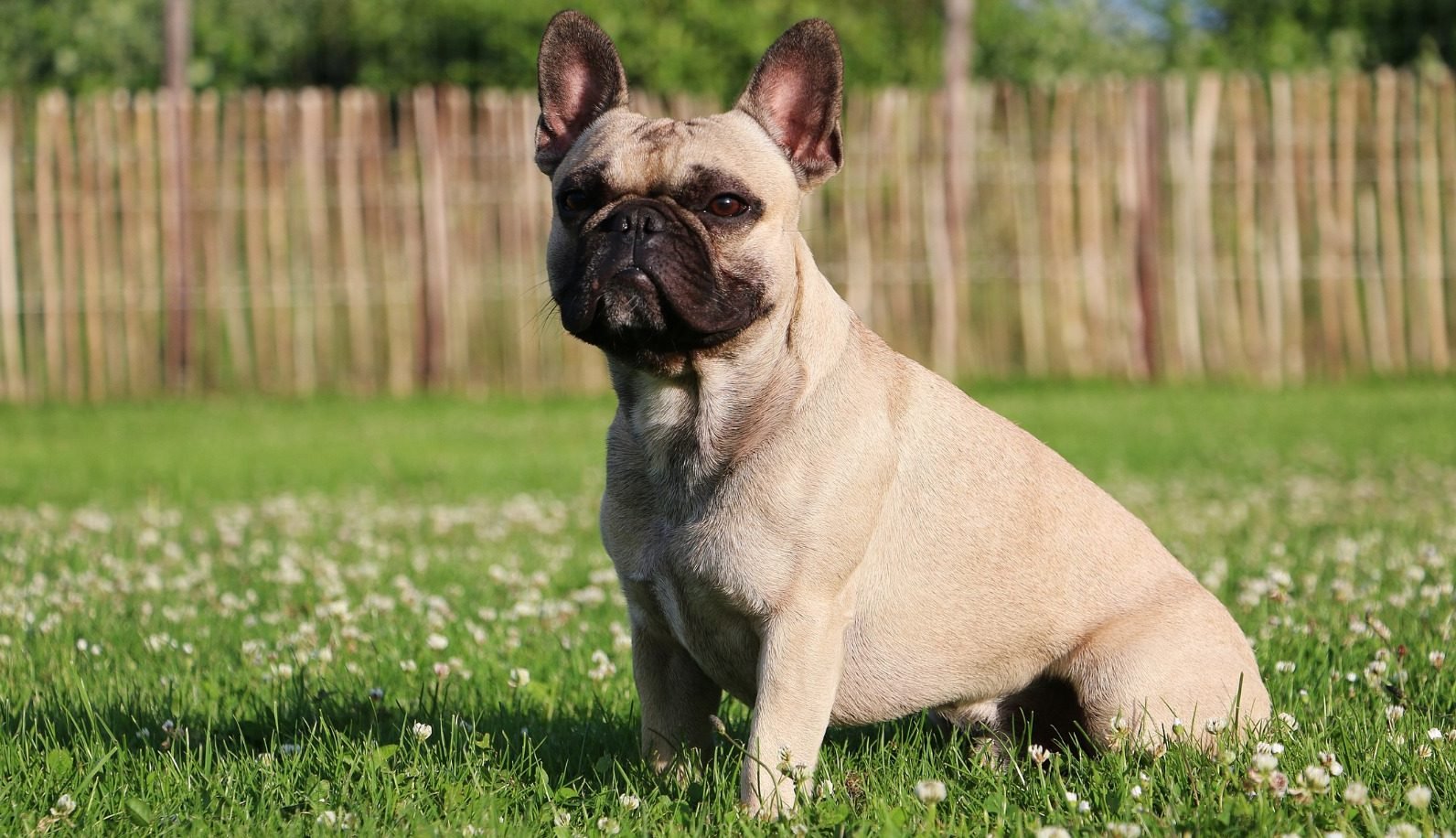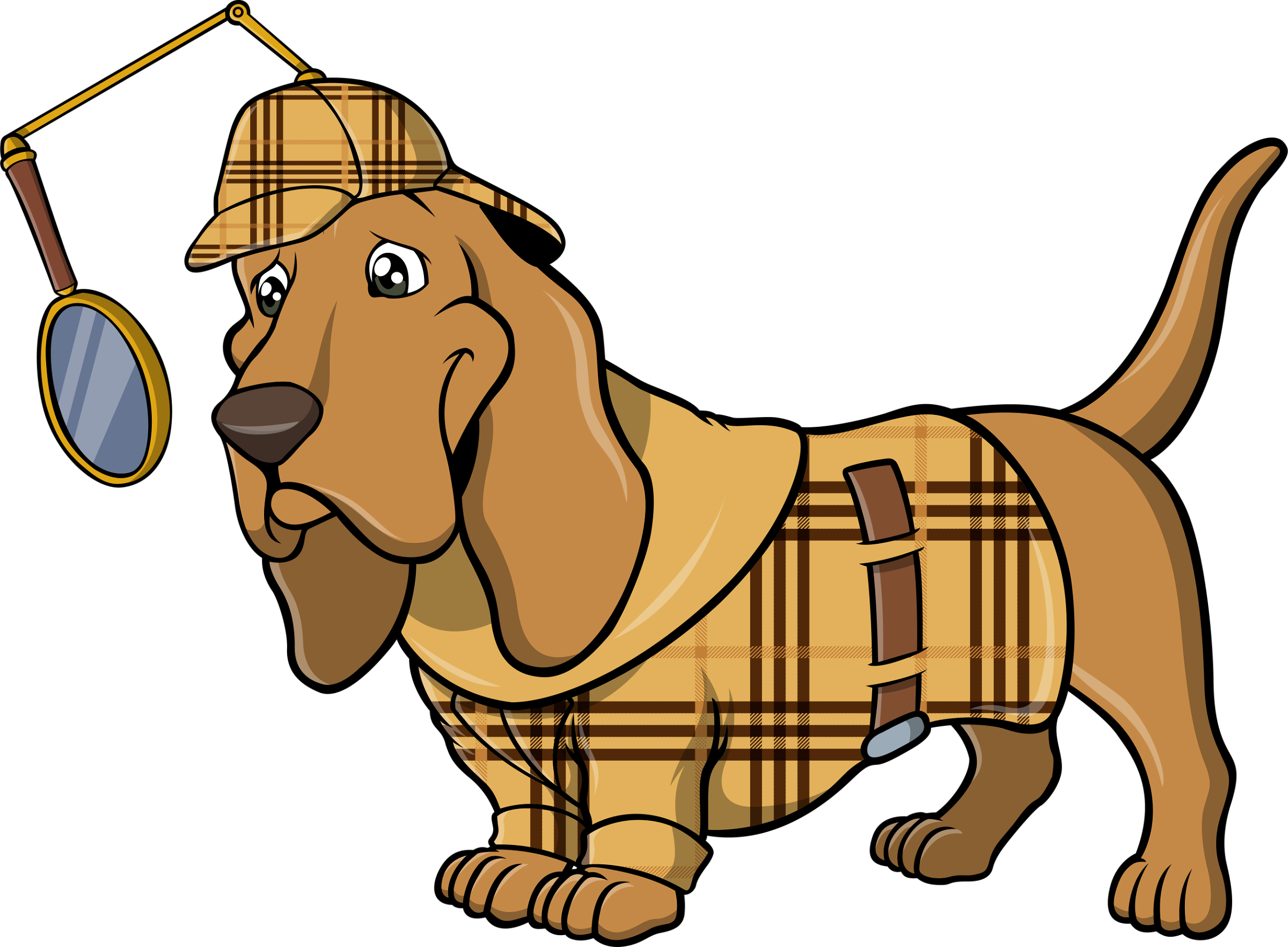
French Bulldog
French Bulldog Puppies Dog Breed Information
Despite being called the French Bulldog, this breed’s origins extend beyond France to England. Initially developed as a smaller version of the English Bulldog, it served as a companion to lace workers migrating to France during the Industrial Revolution. Through successful crossbreeding with English Bulldogs, Pugs, and Terriers, the modern-day French Bulldog emerged. Wealthy Americans touring Europe in the late 1800s brought the breed to the United States after falling in love with them.
The French Bulldog is characterized by its laid-back, loving, and playful nature, making it an ideal family pet that thrives in the company of children. With a sociable disposition, they readily befriend other dogs, animals, and people, reflecting their innate affection and intelligence. Despite their alertness, Frenchies typically refrain from excessive barking unless trained otherwise, showcasing their potential as vigilant watchdogs. Early training to deter excessive barking is advisable to maintain their naturally friendly demeanor, provided they receive proper socialization and instruction.
The French Bulldog is incredibly versatile, adapting well to various living environments as long as they receive ample love and care. They are suitable for both apartment living and larger homes. However, due to their short snouts, they struggle with heat intolerance and are also sensitive to cold, making them less fond of winter weather. It’s essential to ensure they stay warm during chilly walks.
Given their strong attachment to their families and their need for attention, Frenchies don’t fare well with extended periods of solitude. Without proper socialization and early training, they may develop separation anxiety. Therefore, it’s crucial to address these needs from a young age to foster a well-adjusted and balanced temperament.
It’s important to be aware of potential health issues in French Bulldogs, including cataracts, cherry eye, and entropion. Responsible breeding plays a key role in preventing these problems. Reputable breeders conduct screenings to avoid passing on hereditary conditions to puppies. When getting a French Bulldog, ask about the health and genetic history of the parents, as well as any health tests they’ve undergone. Heart and joint certifications are recommended for this breed.
The French Bulldog is a playful and cheerful breed, perfect for new dog owners. They are friendly, willing to learn and enjoy training. While they can be a bit stubborn and have strong personalities, consistent and patient training can help overcome this. Puppy training classes are a great choice and provide many benefits beyond just teaching obedience.
French Bulldogs come in colors like Brindle, Cream, and Fawn. They have short coats that shed a little, so brushing and occasional baths keep them clean. You’ll need to trim their nails, check their ears weekly, and clean them gently. Small dogs like Frenchies can have dental issues, so brushing their teeth and doing occasional vet cleanings help. Also, keep their face wrinkles clean and dry to avoid skin problems.
French Bulldogs are relaxed but playful pets. They’re often lazy but they enjoy playing energetically. If you’re active, make sure they don’t overdo it because they can’t handle heat well and may tire easily. Talk to your vet about safe ways to exercise them.
French Bulldogs typically reach a height of 11–13 inches and weigh between 16 and 28 pounds.
On average, French Bulldogs have a lifespan of 10–12 years.

